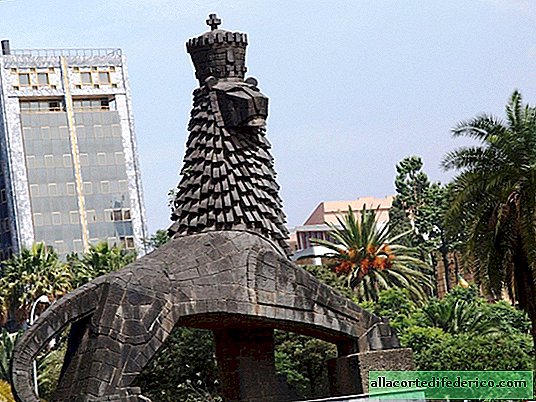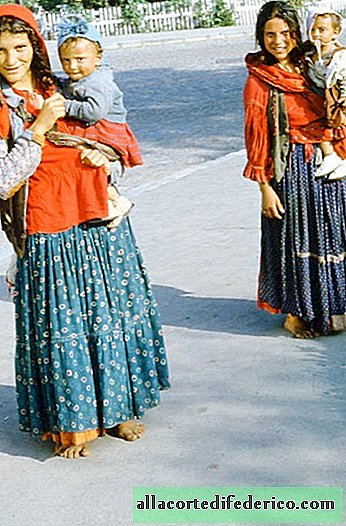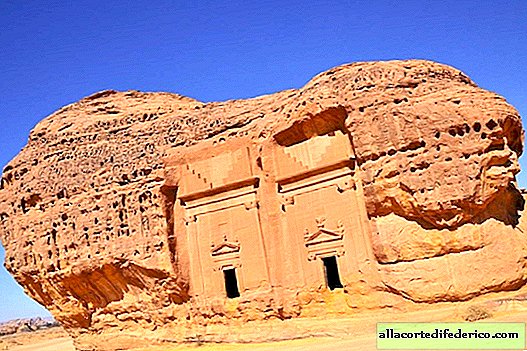Unusual Ethiopian calendar: not that year, not that month, and even the time of day is different
Every educated resident of Ethiopia will not hesitate to tell you that now is not 2018, but 2011. In addition, there are not 12 months in this country, and new days here are not counted after midnight. Today we will talk about how tourists can not get confused in the Ethiopian calendar and why this country has such an original time frame.

If most countries of the world, including Russia, today live on the Gregorian calendar, then Ethiopia uses its own Ethiopian calendar, which is based on the ancient Coptic (or Alexandrian) calendar, and also has some features of the Julian calendar.
The Ethiopian calendar is not 12, as in the usual Gregorian calendar, but 13 months. Each month has 30 days, except for the last, 13th month, in which 5 or 6 days, depending on whether there is a leap year or not. The names of the months themselves also do not coincide with the Gregorian calendar and sound differently in the Coptic and Amharic languages, the last of which is the official language of Ethiopia.

Happy Ethiopian New Year is also not so simple. The beginning of the new year falls on August 29 or August 30 according to the Julian calendar. If the next year is a leap year, it will begin on August 30, and the regular year will begin on August 29. But if this date is transferred to the usual Gregorian calendar, then the Ethiopian new year will come on September 11 or 12.
In addition, Ethiopia has adopted a different date for the Annunciation, an important event for all Christians, which, according to Ethiopians, occurred 8 years later. Therefore, the reckoning in Ethiopia differs from most countries by 8 or 7.5 years, depending on the time of year. For example, now in Ethiopia is 2011, which began in September.

And even in matters of the beginning of a new day, Ethiopians turned out to be great originals. If the whole world is counting the start of a new day from midnight, then in Ethiopia this moment coincides with the rising of the sun. The territory of Ethiopia belongs to the time zone in which East African time (which, incidentally, coincides with Moscow time) is accepted. And the official time in state institutions and transport companies in the country is counted precisely for this time. But in other areas of life, the inhabitants of Ethiopia use their own time, according to which new days come after sunrise. So, for example, 1:00 local time corresponds to 7:00 a.m. EST, while noon local time is identified with the sunrise, and midnight with its sunset. Such a dual time system is often confusing for tourists, so when you are going to Ethiopia, practice working out the right time in advance.

The only thing that can comfort travelers is that the country does not switch to summer time, so there will be no difficulties with this. Located close to the equator, Ethiopia does not experience problems due to changes in the length of the day or night during the year, therefore it does not shift the clock with the onset of the off-season.

















